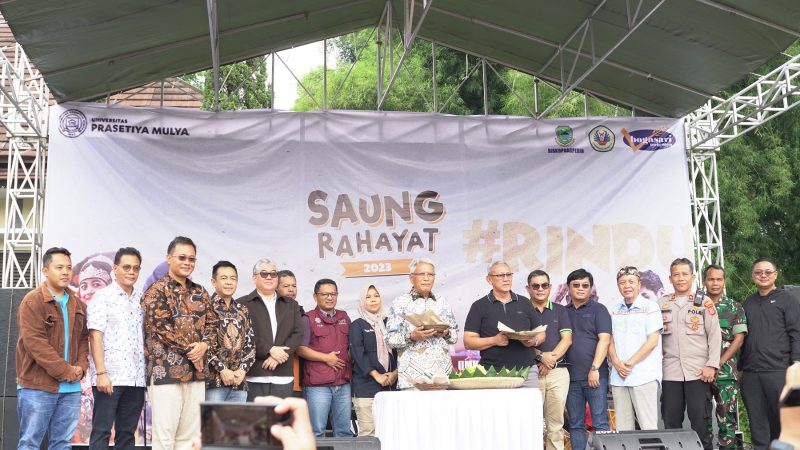Societal impact is increasingly considered important for business schools. The Association to Advance Collegiate School of Business (AACSB) accreditation standards emphasize a commitment to engagement, innovation, and impact. The School of Business & Economics (SBE) integrates social impact into its mission (2020–2024): “To educate entrepreneurial leaders to be able to navigate changes effectively and deliver constructive solutions for the advancement of businesses and societies”.
In the SBE, the societal impact has been articulated in our academic activities for students, faculties, and staff. The main societal impact program by the SBE is Community Development (COMDEV) program in which all SBE participants will have a live-in session with rural small-business entrepreneurs to nurture their infant business projects. From 2020 until 2023, COMDEV mobilized 3,878 students and partnered with 530 micro-businesses across regions in West Java, Indonesia (Kuningan and Cianjur). These businesses represented various industries, from agricultural production to eco-friendly crafts. Approximately 40–60 faculty members participated in mentoring and technical roles per batch. They work together fostering their own local economy through entrepreneurship. The SBE also measures the success of COMDEV program by using several matrices as part of our continuous improvement.
In addition, the SBE also contribute the society through collaboration with the national government. For example, the SBE became a part of the Wirausaha Merdeka Program (the Independent Entrepreneurship Program) initiated by the Ministry of Education, Culture, Research, & Technology’s Kampus Merdeka program in 2022. This initiative provided opportunities for students to study and develop themselves as potential entrepreneurs through activities outside the class. As the host university, the SBE received 330 students from various universities across Indonesia.
Also, our faculty member in the Department of Economics, served as a Co-Chair of Think 20 (T20) Indonesia in 2022. T20 provides a platform for scholars, policymakers, and stakeholders to address pressing challenges, including sustainable development, environmental resilience, and climate change mitigation. His engagement in T20 included contributions to policy recommendations on Sustainable Development Goals (SDGs), particularly climate action (SDG 13), marine ecosystem conservation (SDG 14), and sustainable urban development (SDG11). Additionally, the policy recommendations highlighted the importance of environmental sustainability through renewable energy, reforestation, and biodiversity conservation while advocating for equitable climate financing for developing nations, a key theme of Indonesia’s G20 presidency.
Finally, the ever-present scholarship program has increased its beneficiaries through 2 programs, namely, Youth Scholar Indonesia (YSI) and Beasiswa Bakti. YSI is intended for prospective students who excel regardless of their financial situation. Whereas Beasiswa Bakti is intended for prospective students who are underprivileged but prestigious, with 18 and 29 recipients respectively in 2023.


